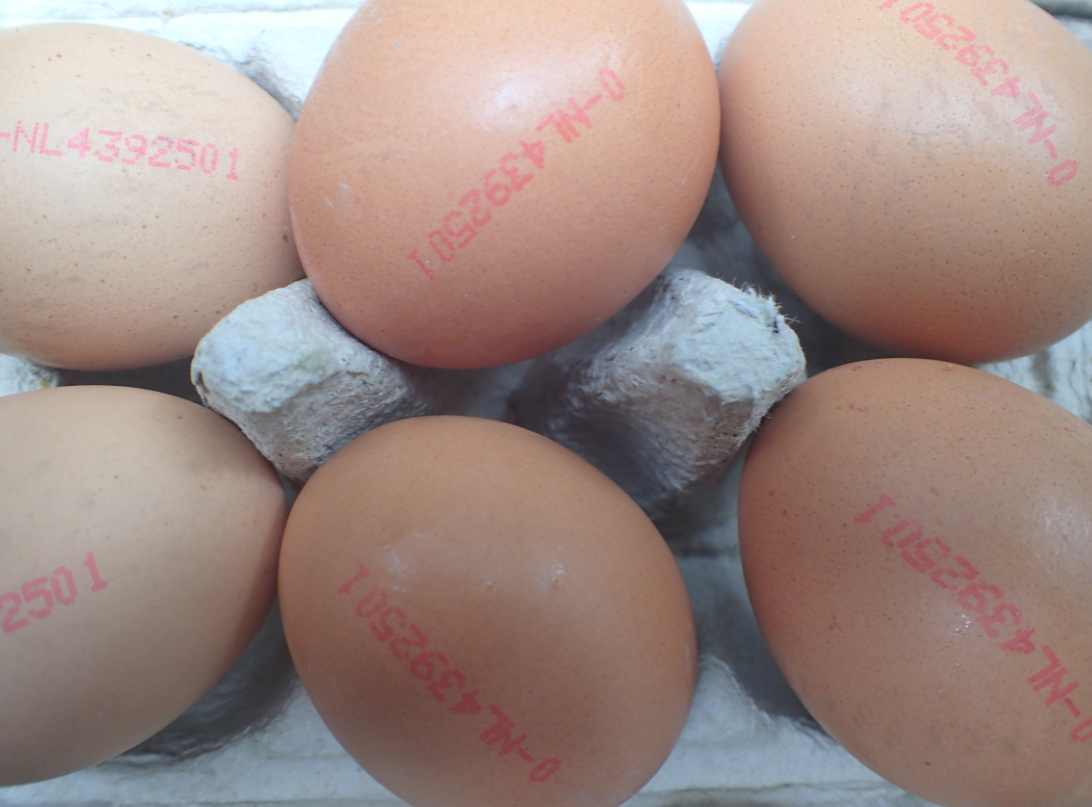Food risk monitoring must be stepped up, Dutch safety board says


The government needs to do more to ensure emerging food safety risks are identified systematically and in a timely manner, the Dutch safety board said in a new report on Thursday.
The Netherlands has been hit by a number of food safety scares in recent years, including salmonella in smoked salmon, and Q fever, the safety board said. In addition, illegal practices, such as the fraudulent sale of horse meat and the illegal use of fipronil in the egg sector, have had an impact on public confidence in the current system.
‘A robust food safety system stands or falls with the timely and comprehensive identification of possible hazards and risks,’ the board said. ‘It is not just a case of identifying what can go wrong, and what the consequences are, but also of detecting that something has gone wrong.’
The report said that despite the presence of bodies like the food and product safety board NVWA, there is ‘no structured approach in the Netherlands to detecting and assessing emerging food safety risks’.
Companies, the board said, do not tackle emerging risks because there is no legal framework, it costs money and the benefits of doing so are not clear.
In particular, the health ministry needs to intensifty cooperation within the EU to achieve systematic detection and assessment of emerging food safety risks.
The public health body RIVM should improve its approach to monitoring and detecting food-borne disease and the NVWA itself should make sure that food companies are more vigilant in their approach to risk, the safety board said.
Thank you for donating to DutchNews.nl.
We could not provide the Dutch News service, and keep it free of charge, without the generous support of our readers. Your donations allow us to report on issues you tell us matter, and provide you with a summary of the most important Dutch news each day.
Make a donation